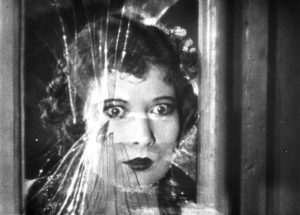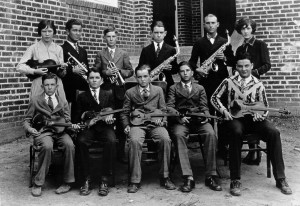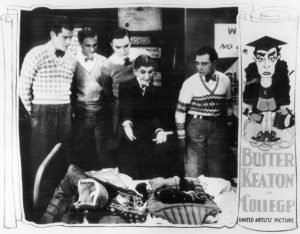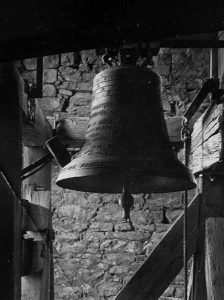
Anselm Ruest and Salomo Friedlaender
“When one thoroughly knows and deeply examines the notion of individuality and the consequences that derive from the principle that is its basis, meaning that every man is not only related to the world in a particular way, but also to every object in the world and to every idea that these objects awaken, one is astonished that so much natural discord is possible side by side with so much historical concord.”
Continue reading Contributions to the History of Individualism →

Anselm Ruest (pseudonimo e anagramma di Ernst Samuel, 1878-1943) è stato uno dei maggiori studiosi tedeschi di Max Stirner, di cui ha curato un breviario e a cui ha dedicato un saggio. Assieme a Salomo Friedlaender, fu il fondatore del giornale individualista anarchico Der Einzige (L’Unico) che apparve in Germania dal 1919 al 1925. Il suo pensiero ruotava attorno al contrasto fra l’individuo consapevole in possesso della propria personalità e la persona priva di consapevolezza e come tale dipendente dalla società, e ha profondamente influenzato sia gli ambienti espressionisti che quelli dada. A nostra conoscenza, quello che segue è l’unico testo di Ruest tradotto in italiano.
Continue reading Contributo alla storia dell’individualismo →

Anselm Ruest
“When one thoroughly knows and deeply examines the notion of individuality and the consequences that derive from the principle that is its basis, meaning that every man is not only related to the world in a particular way, but also to every object in the world and to every idea that these objects awaken, one is astonished that so much natural discord is possible side by side with so much historical concord.”
Continue reading Contributions to the History of Individualism →

Anselm Ruest (pseudonimo e anagramma di Ernst Samuel, 1878-1943) è stato uno dei maggiori studiosi tedeschi di Max Stirner, di cui ha curato un breviario e a cui ha dedicato un saggio. Assieme a Salomo Friedlaender, fu il fondatore del giornale individualista anarchico Der Einzige (L’Unico) che apparve in Germania dal 1919 al 1925. Il suo pensiero ruotava attorno al contrasto fra l’individuo consapevole in possesso della propria personalità e la persona priva di consapevolezza e come tale dipendente dalla società, e ha profondamente influenzato sia gli ambienti espressionisti che quelli dada. A nostra conoscenza, quello che segue è l’unico testo di Ruest tradotto in italiano.
Continue reading Contributo alla storia dell’individualismo →

Anselm Ruest
«Allorché si conosce a fondo e si approfondisce la nozione dell’Individualità e delle conseguenze che ne derivano dal principio che è la base, vale a dire che ogni uomo non è solamente specialmente relativo al mondo, ma ancora ad ogni oggetto nel mondo e ad ogni idea che quest’oggetto risveglia, si è meravigliati che tanta discordia naturale sia possibile a fianco di tanta concordia storica»
Continue reading Contributo alla storia dell’individualismo →

Anselm Ruest and Salomo Friedlaender
“When one thoroughly knows and deeply examines the notion of individuality and the consequences that derive from the principle that is its basis, meaning that every man is not only related to the world in a particular way, but also to every object in the world and to every idea that these objects awaken, one is astonished that so much natural discord is possible side by side with so much historical concord.”
Continue reading Contributions to the History of Individualism →
Just another Espivblogs.net site






